It’s a question we’ve all asked ourselves at some point: how much sleep do I really need to get each night? And it’s an important one. Getting enough sleep each night is essential for your body and mind. Good sleep can help regulate blood sugar levels, prevent weight gain, boost your immune system, lower your risk of cardiovascular disease, and even improve your mood. In fact, there’s practically no aspect of your physical or mental wellness that is not impacted by the quality of sleep you get each night.
At some point, you’ve probably heard the rule of getting eight hours of sleep each night. But like many adages and sayings, is this one really accurate? In this blog, we’re taking a closer look into this rule to determine whether or not it holds up. We also help you determine just how much sleep you do need and offer some practical tips to help you hit that number.
Good sleep is essential for your health—but so is your diet. If you’re not getting the vitamins and nutrients your body needs, you may want to add an organic health supplement into your diet. At PhytAge Labs, we’re proud to offer a complete line of all-natural, organic health supplements to help boost your overall health and wellness. We’ve developed an entire line of organic health supplements to address a variety of health issues. With many top-selling health supplements, such as Nerve Control 911, Blood Pressure 911, Joint Relief 911, and more, we’re sure to have a health supplement suited for your healthcare needs and goals.
Is the Eight Hours of Sleep Rule a Myth?
At one point in your life, you’ve most likely heard that you need a solid eight hours of sleep every night to truly recharge your batteries and prepare for the next day. While this rule of thumb has lasted for years, more sleep experts have begun to question whether or not it can really be that simple.
According to various sleep experts and doctors, the eight hours of sleep rule has been determine to be a myth. That’s right. While eight hours each night might work well for some people, it’s just not that simple. Saying that everyone should get the same amount of sleep each night is like saying we should all eat the exact same diet. Our bodies are simply too different to require the exact same diet or amount of sleep to thrive.
So, How Much Sleep Do I Really Need?
Now that we’ve debunked this common myth, you might feel like we’re back to square one. If the eight hours rule is a myth, then how much sleep do I really need? It can seem tricky to assess this level as some of your friends or coworkers may claim that they really just need 5 to 6 hours each night while others feel groggy if they get less than 9.
So, how much sleep do you actually need? Well, it depends on a few different factors. Since no two people are the exact same, neither are our sleep requirements. The amount of sleep you need comes down to various factors. Some of the most important factors affecting your sleep needs include your activity level, age, daily routine and activities, genetics, and whether or not you have a personal history of sleep issues or even a potential lingering medical condition.
Age is a big factor when it comes to assessing the amount your body needs. We all know how much a toddler needs to sleep throughout the day, right? According to studies, your age can help you determine how much sleep you need.
Use this preliminary guide to help you identify a starting point for your sleep needs:
- Children (6-13): 9 to 11 hours.
- Teens (14-17): 8 to 10 hours.
- Young adults (18-25): 7 to 9 hours.
- Adults (26-64): 7 to 9 hours.
- Older adults (65 and older): 7 to 8 hours.
But this should just serve as a helpful starting point. While medical sites and studies can offer general guidelines for the amount of sleep your body needs, it really comes down to you as an individual. Therefore, it’s important to speak with your doctor to assess the most effective way to determine just how much sleep you need for optimal wellness.
Tips for Getting Better Sleep
But when it comes to sleep, knowing how much you need is really just the beginning. Even if you know the exact number of hours that your body needs, it can be a challenge for many of us to actually get it. Sure, that 9 hours of sleep each night sounds great, but what happens when I’m too busy, stressed, or simply can’t turn off my brain at night when I lay down?
To help you get a better night’s sleep, we’ve assembled some practical tips to help you find a sleep routine that works for you.
- Develop a consistent sleep schedule (and stick to it).
- Avoid heavy meals right before bedtime.
- Get regular exercise and movement throughout your day.
- Manage stress.
- Put away your phone or computer a few hours before you call it a night.
- Limit your daytime naps.
- Create a peaceful environment that will help you sleep.
Conclusion – Is the Eight Hours of Sleep Rule a Myth?
As you know, there’s truly nothing quite like the restorative power of a good night’s sleep. When you’re able to get solid sleep, you’re giving your body the time it needs to recharge, heal, and perform many internal processes that are impossible to accomplish while you’re awake. Bottom line: good sleep is essential for a healthy, functioning body and mind—no matter your age. Getting enough sleep each night can boost your immune system, prevent weight gain, sharpen your focus for the day ahead, and even improve your mood.
Yet many of us may not know exactly how much sleep we really do need. While you’ve probably heard of the eight hour rule, most experts have determined that this is more of a rough guideline. The amount of sleep you need depends on a variety of factors, such as your age, lifestyle, fitness level, and even down to your genetics. And while eight hours each night is not a bad goal to set, experts claim that anywhere between 7 to 9 hours for adults should be sufficient to receive all the health benefits offered by a good night’s sleep.
If you’re looking to take your health to the next level, sleep is essential. But additionally, many people are also including health supplements as part of their daily diets. Organic health supplements can help you fill any nutritional gaps in your diet to ensure you’re getting the nutrients and vitamins you needs. At PhytAge Labs, we’ve developed a complete line of top organic health supplements to boost your overall health and wellness. With many top selling products such as Prostate 911, Tinnitus 911, Blood Pressure 911, and more, we’re sure to have a health supplement for you.
Contact us today to learn more about how our line of organic health supplements can help you meet your health and wellness goals. Together, let’s begin your journey toward a happier and healthier lifestyle.
 Cart
Cart



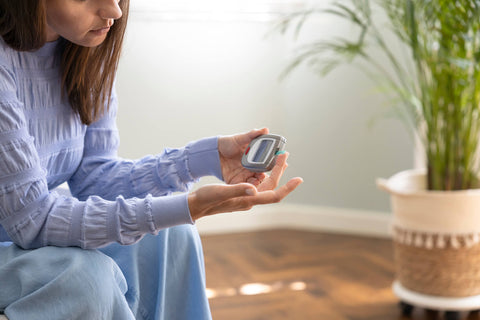











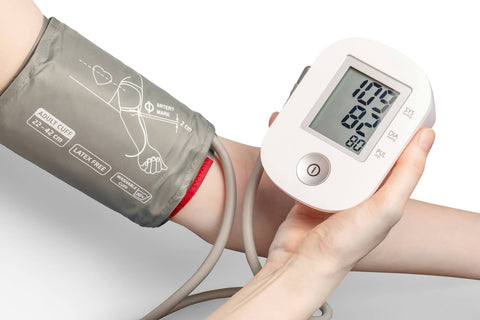


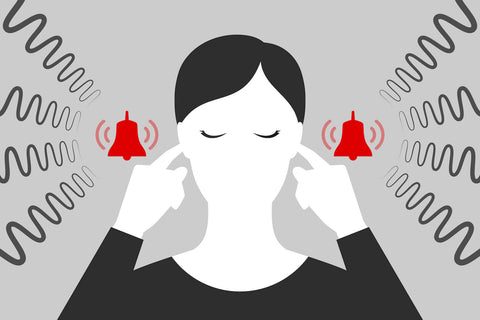




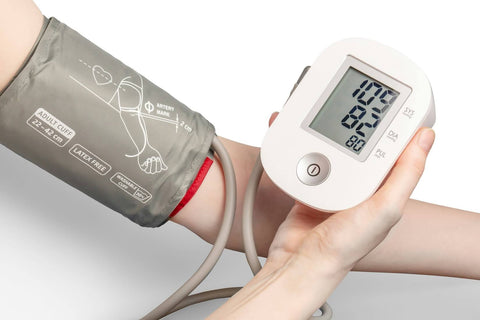










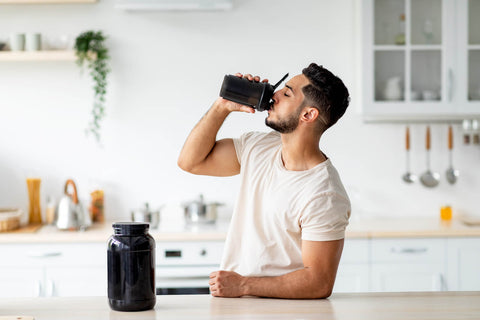


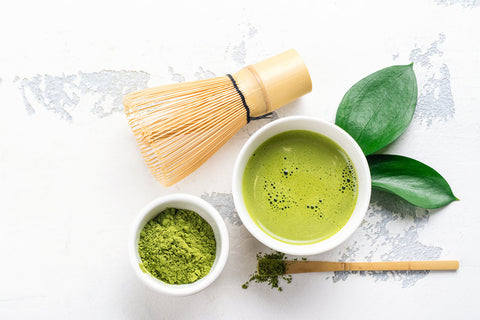














 1-800-822-5753
1-800-822-5753
